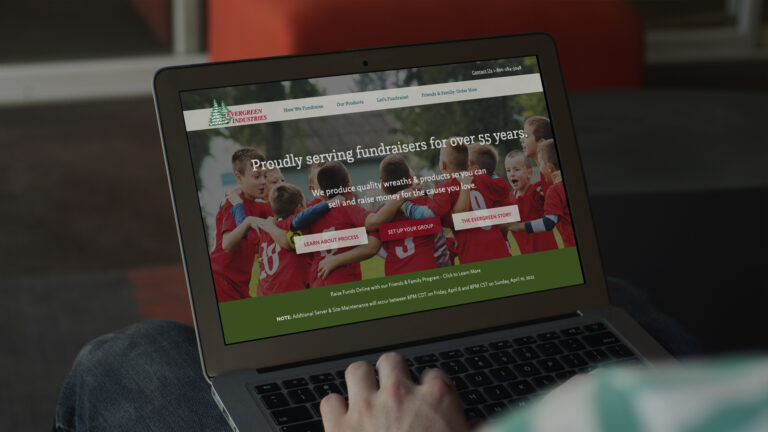Now that you’ve taken down the necessary numbers, said a proper thank you and taken in feedback, it’s time to sit down and jot a few notes. This is the step most people neglect as they think they will remember everything they need again the next year.
Be honest with yourself: you’ll likely forget a few things. Likewise, whoever was in charge this year, might not be able to be involved next year. Now is the best time to perform the following three tasks so you are not scrambling from the start.
STEP 1: REFLECT
It’s hard to comprehend how much you learned from your fundraiser, but after 50 years of doing this, we know that each year, you learn something new. The best thing you can do with this experience is to keep track of it and build up from there.
QUESTIONS TO ASK YOURSELF TO EFFECTIVELY REFLECT ON YOUR FUNDRAISER.
- What was one thing you did differently than last year that worked well?
- What was something new you tried that didn’t work?
- Is there something you’d like to try again next year?
- Was there something that helped to boost participation from students/scouts/kids?
- Which community organizations helped (if any)? Would they be willing to help again?
- Who was most helpful (parents, students, teachers, couches) and what tasks did they cover? Would they be willing to help again?
STEP 2: DELEGATE
For most of us, it’s hard to ask for help. Perhaps we feel shame that we can’t do it on our own or we really believe we can, but for many of us, we simply don’t want to burden others. The truth is, fundraising is a team effort and we haven’t seen many fundraisers where one leader could tackle everything.
WHY ASK NOW?
If you’re convinced you do need help, another thing to consider is that by delegating tasks now, you’re actually helping your helpers. They can better plan for their responsibilities and will feel more ready when the time comes next year. If you ask for last minute help, they might still feel the need to say yes, but it’ll be harder on them.
CHANGE IN LEADERSHIP?
If you aren’t certain you can help next year, be sure to find someone who might be able to step in if you can’t. This is where your notes will be extra handy.
SET SOME DATES
It’s really challenging to know exactly when your fundraiser will take place, but getting a general idea will increase participation and readiness. If you have no idea what dates will work, send out an email to participants with a few options and have them let you know as soon as they have a conflict.
Even if you don’t have the exact date of the start and end of your fundraiser, select a date for your kick-off meeting. By setting this up now, you won’t have to worry about it or risk forgetting to schedule it.
That’s it! You can finally close the books for this fundraiser and go celebrate. Read about that final piece: Ideas for celebrating your fundraiser (that could help with next years, too!)



